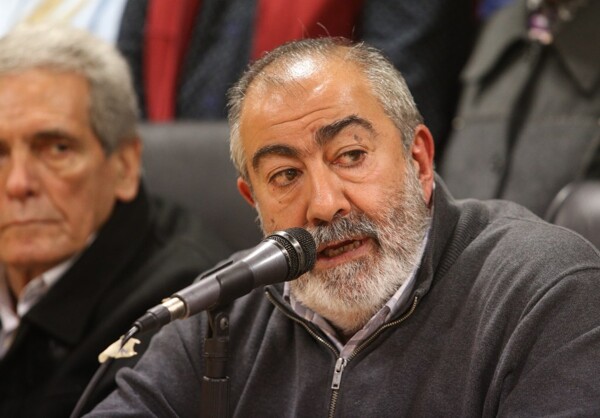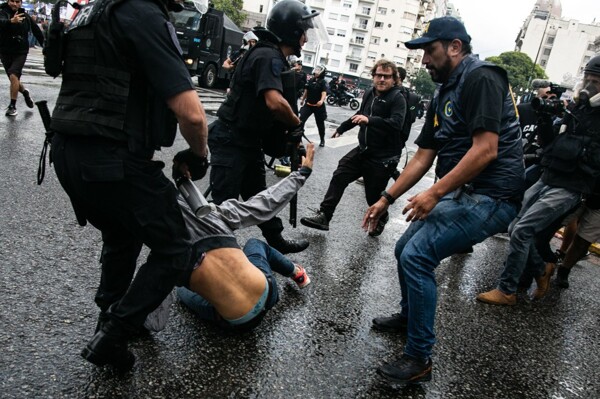
In Argentina, various sectors of society have begun to manifest against the government's austerity policies. Recently, a group of football club fans took to the streets to support retirees who have been repressed and beaten during their protests. This act has been interpreted as a significant change in popular resistance.
The mobilization of fans has been supported by different coordinating spaces, such as the fans' coordinator, the feminist football group, and the human rights group of Argentine football. Although there were attempts to delegitimize the protest by arguing the presence of violent fan groups, the majority of the protesters are ordinary fans, disconnected from political and union interests.
The involvement of fans in this cause has revealed a break in the acceptance of state violence and economic adjustment, as well as a show of solidarity towards the more vulnerable sectors of society. The mobilization has also been a way to express discontent and resistance against the policies implemented by the government.
It is important to highlight that this type of mobilization demonstrates the political weakness of the government, while showcasing the capacity for organization and reaction of civil society. Fans, by uniting to defend retirees, have generated a significant social impact and have contributed to the visibility of the injustices being committed.
Amid repression and resistance, it becomes evident that a football team's jersey can be a symbol of struggle and solidarity. The participation of fans in these demonstrations reflects an awakening of consciousness and a quest for social justice, showing that football identity can transcend the boundaries of sport.
The actions of Argentine fans in defense of retirees are an example of how civil society can unite to confront injustices and oppose repressive policies. These acts of solidarity and resistance are fundamental to building a fairer and more equitable society, and to defend the rights of the most vulnerable sectors.














